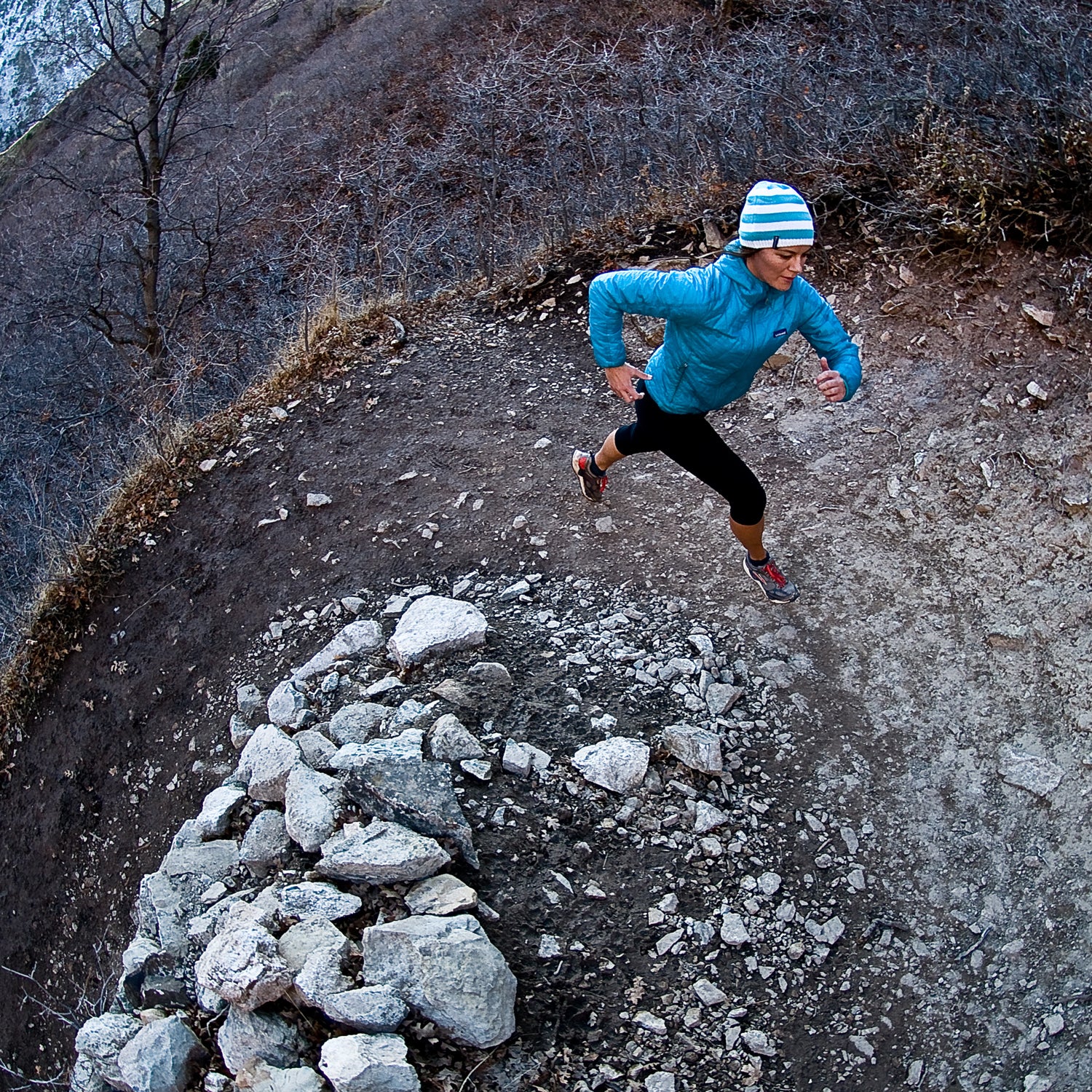Athletes live and sometimes train at high altitude for one main reason: it stimulates erythropoiesis, or the production of red blood cells and hemoglobin, the protein inside red blood cells that carries oxygen around the body. That extra hemoglobin should bring more oxygen to muscles, which should lead to improved muscle function and endurance when an athlete competes at a lower altitude soon after leaving the mountains.
The problem is, individual athletes respond differently to altitude. Even after the four weeks of living between about 5,200 to 9,800 feet, some athletes wonŌĆÖt show much increase in hemoglobin. ThatŌĆÖs why researchers have begun experimenting with iron supplementation.┬Ā
ŌĆ£Iron is needed by the body to make haemoglobin,ŌĆØ wrote Dr. Laura Lewis, a researcher at the Australian Institute of Sport, in an email to ║┌┴Ž│į╣Ž═°. ŌĆ£Without iron, the body will not be able to make more [haemoglobin] so adaptation will be compromised.ŌĆØ
Iron deficient athletes could certainly benefit from iron supplementation, Lewis wrote, but so might athletes with normal iron stores. ŌĆ£Iron supplementation can help facilitate adaptation. You wonŌĆÖt get a faster response, but you increase your chances of getting a positive response rather than none at all.ŌĆØ┬Ā
Athletes at AustraliaŌĆÖs Institute of Sport are currently advised to get a blood test and iron screen about a month before going to altitude, explains Lewis. A sports doc reviews the results and decides if they should supplement or not. If an athleteŌĆÖs low, they usually start supplementing two weeks before going to altitude; if theyŌĆÖre normal, theyŌĆÖll start at altitude.┬Ā
ŌĆ£Our typical supplementation strategy is an oral supplement taken with Vitamin C to help absorption,ŌĆØ Lewis wrote. In that was published last August in the open-access scientific journal PLoS One, athletes who supplemented with 210 milligrams of iron daily during two to four weeks at altitude increased their haemoglobin mass significantly more than those who supplemented with 105 milligrams or none at all.┬Ā
ŌĆ£I would advise all athletes who are going to be spending longer than one week at altitude to consider iron supplementation,ŌĆØ Lewis wrote. But only after an iron screening and consult with a sports doctor. The worst thing an athlete could do is start loading up on excess iron. ŌĆ£More is not better,ŌĆØ she wrote, ŌĆ£as new data suggests that not only are high oral does not well tolerated, but they can also impair future absorption.ŌĆØ Too much iron in the body can also lead to a , including osteoporosis and metabolic syndrome.┬Ā
ŌĆ£Iron can be an important component for a successful altitude experience but is not a magic bullet,ŌĆØ Lewis wrote. YouŌĆÖve got to ŌĆ£get all the basic ingredients right.ŌĆØ Like getting there sans injury, and relatively fresh. ŌĆ£Eat well and train appropriately up there and respect the altitudeŌĆöitŌĆÖs a training stimulus in itself (even at rest) so donŌĆÖt feel like you have to do more.ŌĆØ


